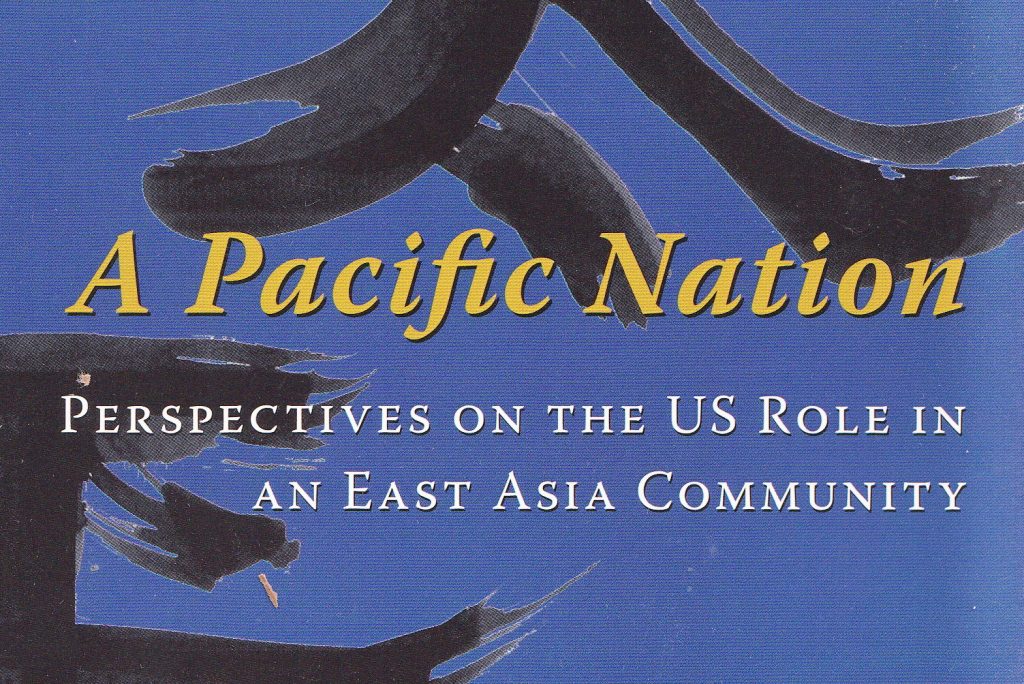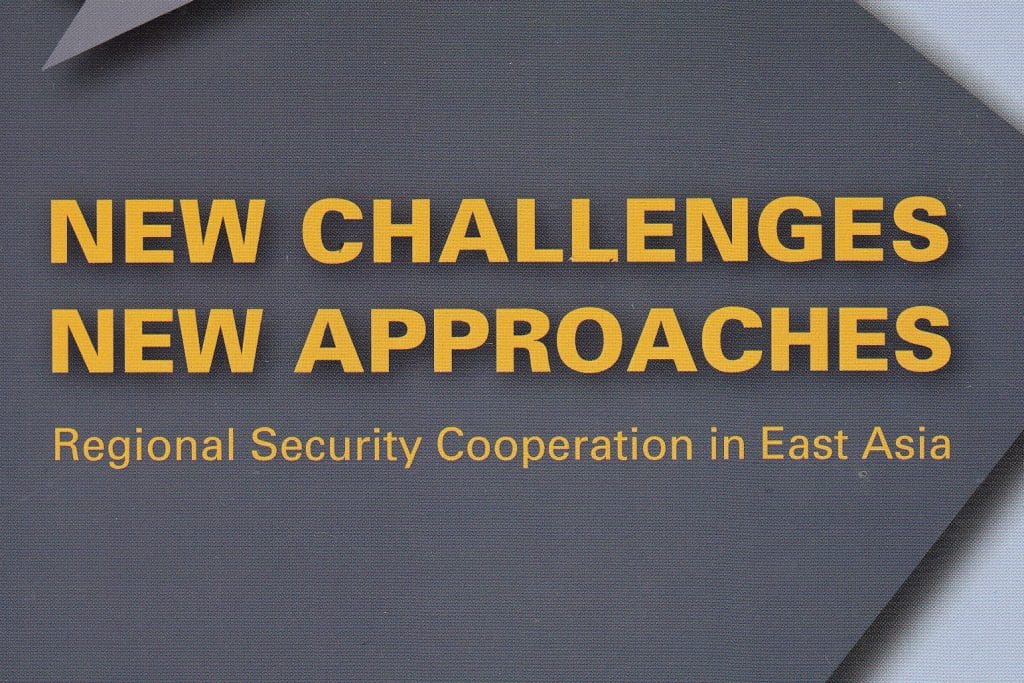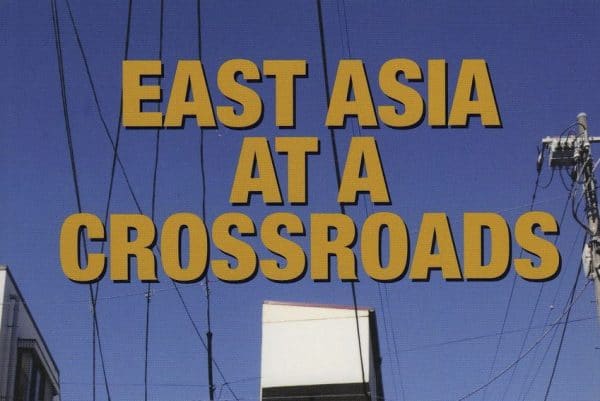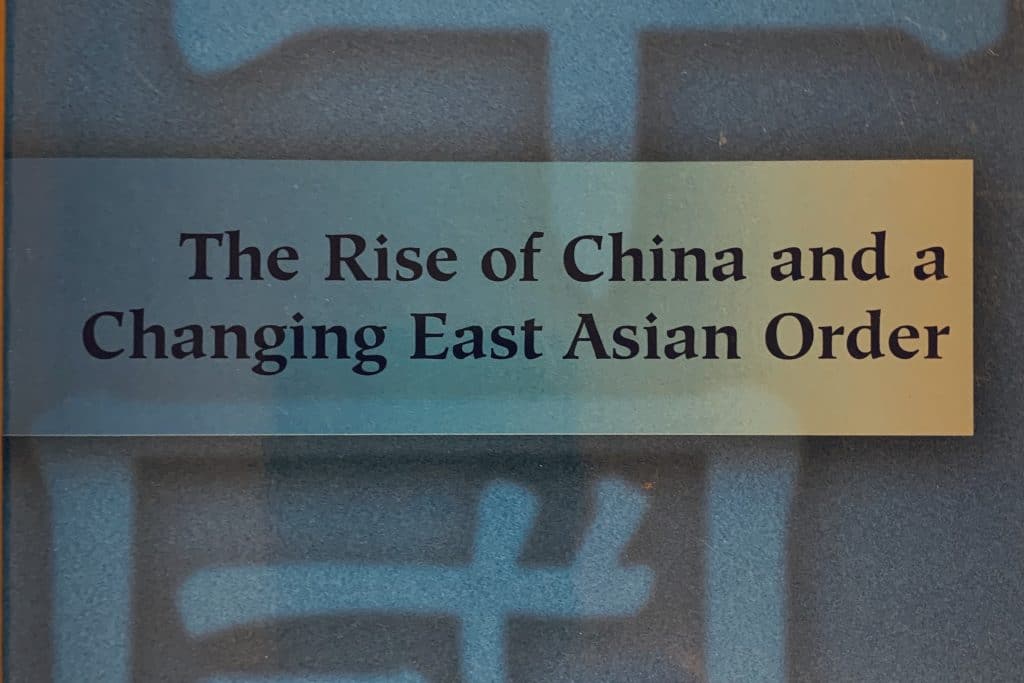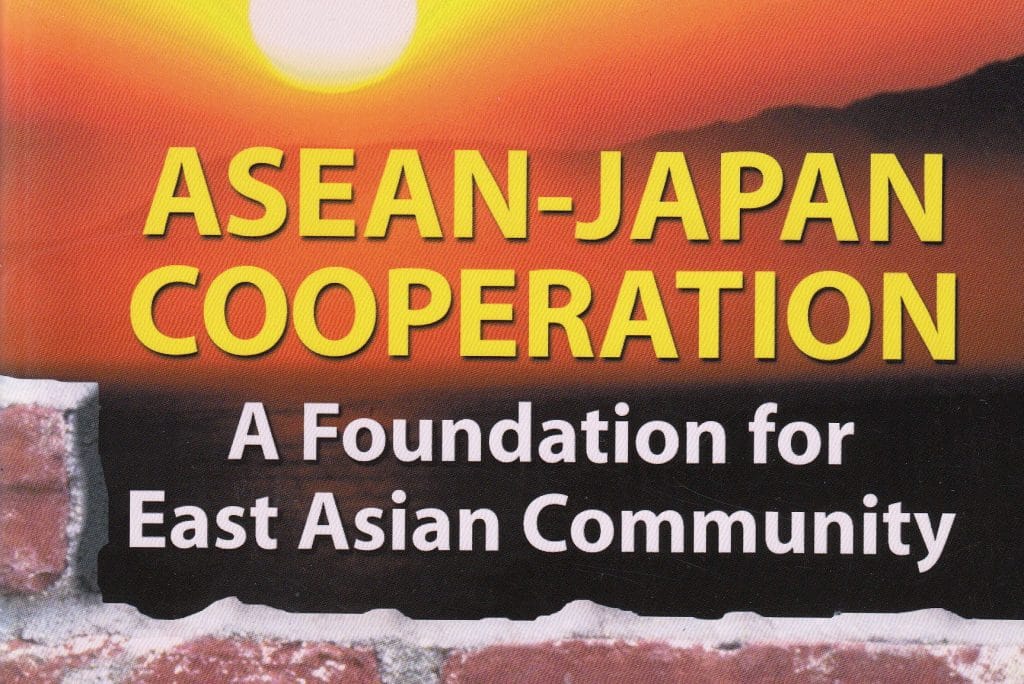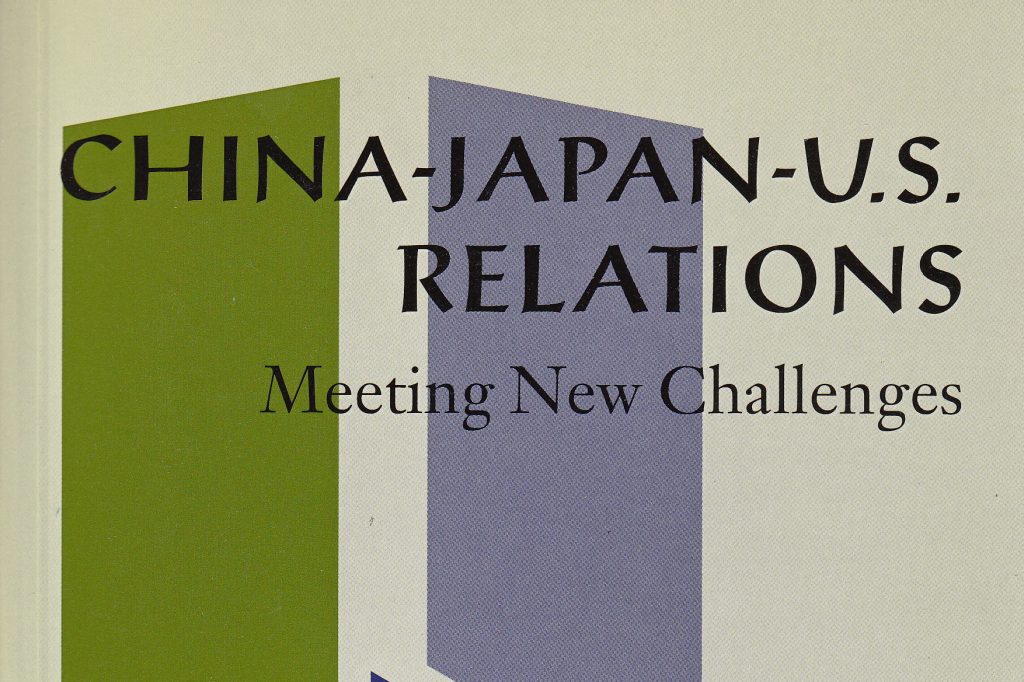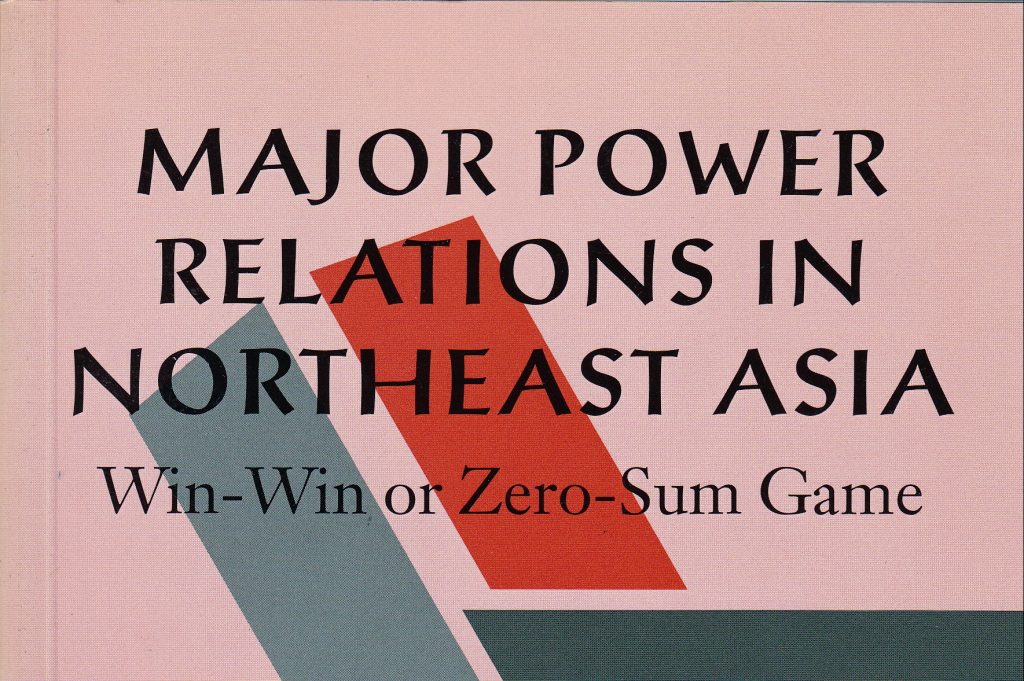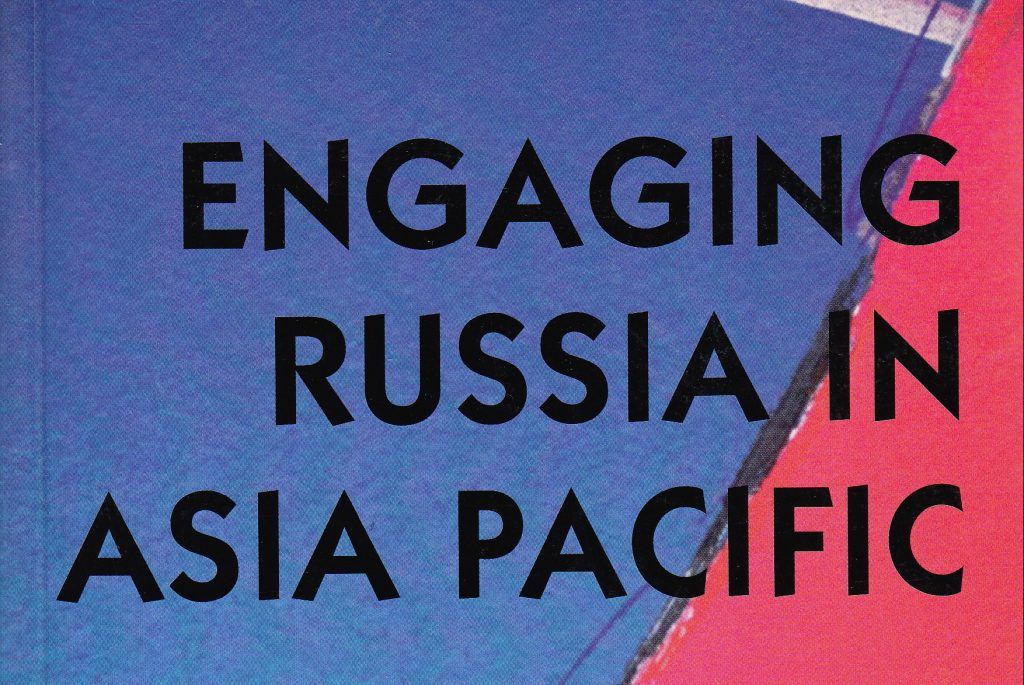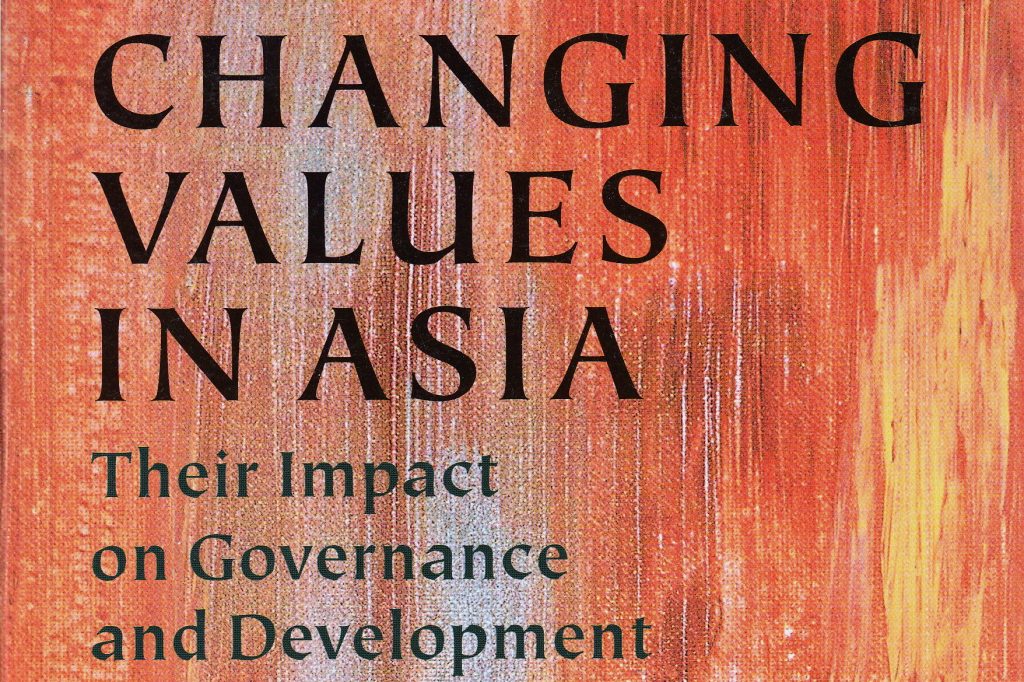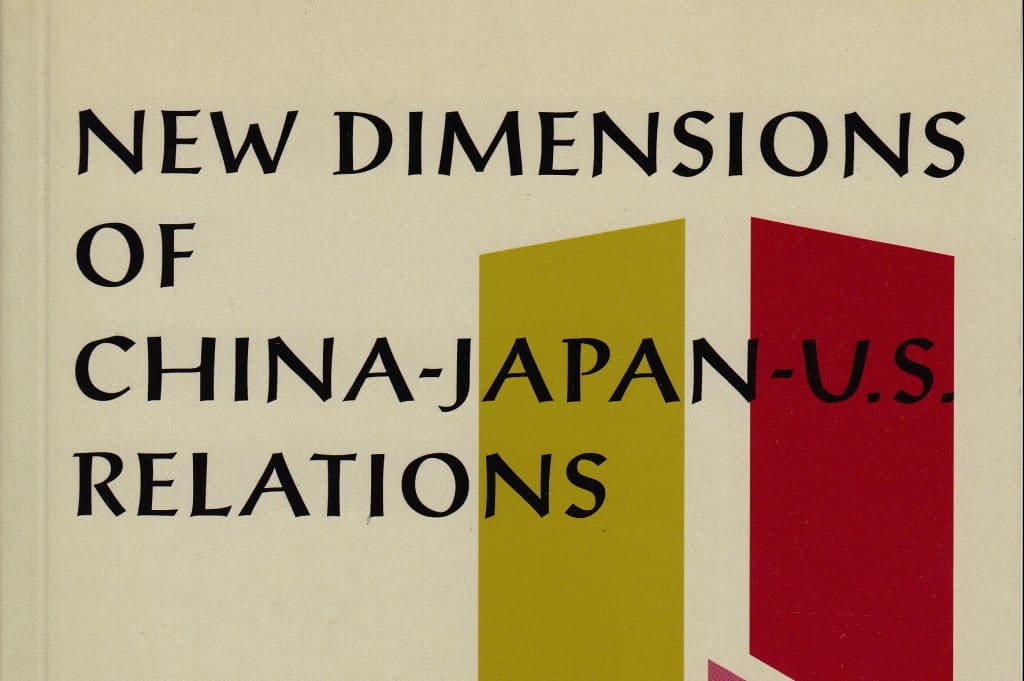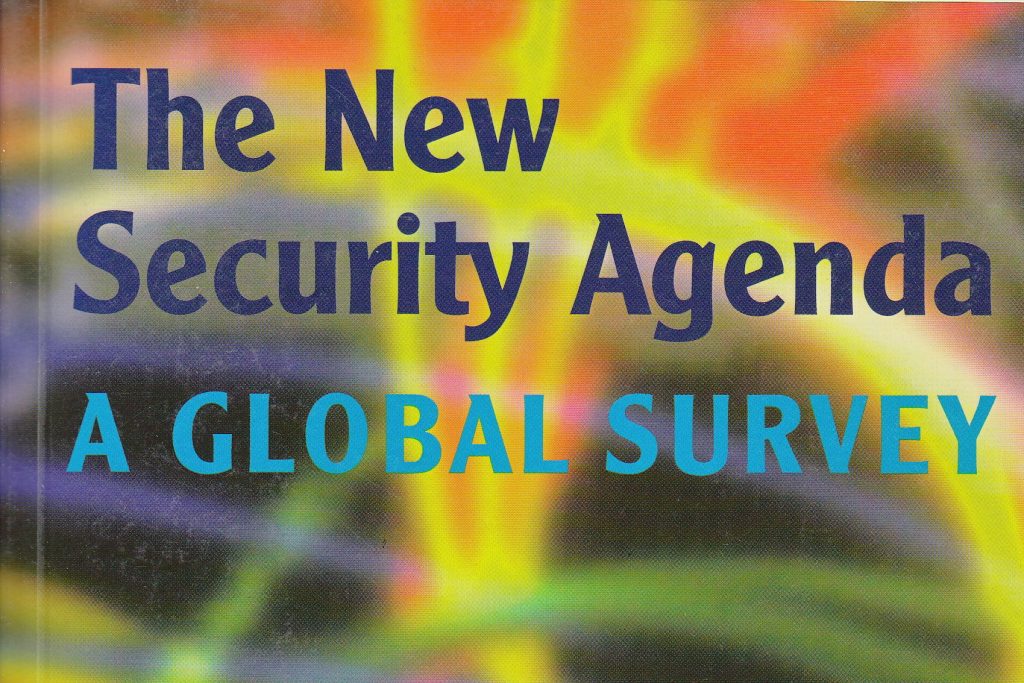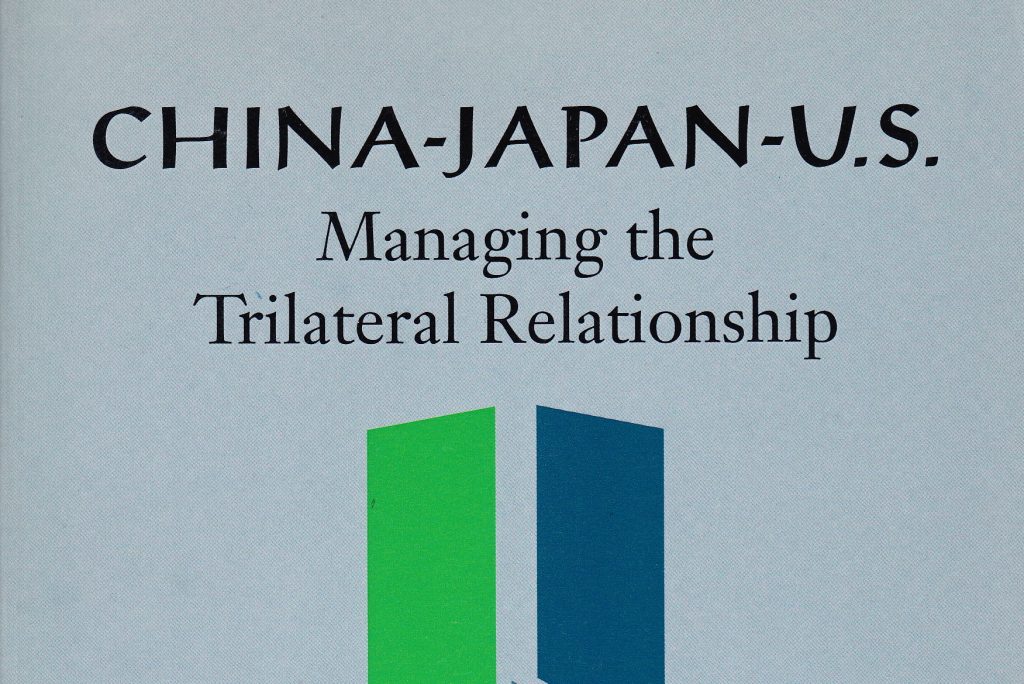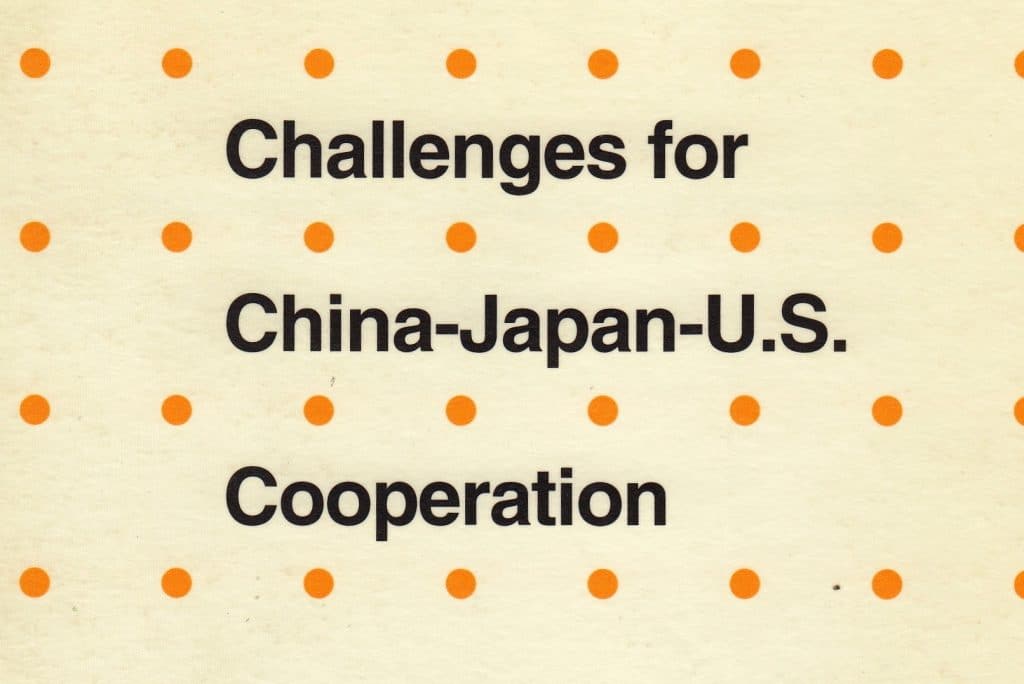ASIA PACIFIC AGENDA PROJECT (APAP)
» Programs
1997–2011
Recent initiatives taken by nongovernmental institutions to promote policy research and dialogue have demonstrated the indispensable contribution that multinational intellectual efforts can make toward the process of building an Asia Pacific community. At the same time, it is recognized that nongovernmental intellectual dialogues, despite having become quite numerous, are basically carried out by a small number of dedicated individuals representing a handful of policy research organizations and that the institutional and individual linkages in the region are still very limited. There is a critical need, particularly for Japan, to mobilize existing resources both to contribute to the strengthening and broadening of networks among policy research institutions and intellectual leaders involved in Asia Pacific community building and to enhance the longer-term capacity of Asian societies to conduct and contribute to quality, objective research and policy dialogue activities relevant to key regional issues.
The Asia Pacific Agenda Project (APAP) is a multinational consortium of policy research organizations and academic institutions designed to strengthen networks and enhance joint research and dialogue among institutions and intellectual leaders in the Asia Pacific. It also aims to train young scholars as the future leaders of international policy-related research. JCIE and the consortium’s other member institutions sponsor joint policy research projects and hold workshops, seminars, and an annual forum to discuss their research findings. From 1997 to 2005, they also published Asia Pacific Security Outlook.
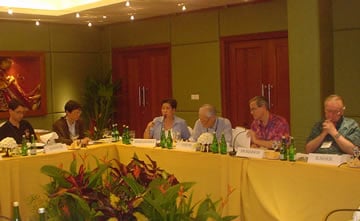
APAP PROJECTS
Asia Pacific Agenda Project (APAP) Forums (1995–2009)
The Impact of Changing US Policy on the Emerging East Asia Community (2009–2011)
Growing Asia-Pacific Regionalism and New Opportunities to Advance Nontraditional Security Cooperation (2008–2011)
East Asia and a Rising India (2007–2008)
Development of Trilateral Cooperation in Global Governance among East Asia, North America, and Europe (2006–2008)
Engaging the United States in an Emerging East Asia Community (2004–2006)
ASEAN-Japan Cooperation in East Asia Community Building (2003)
The Rise of China and the Changing East Asian Order (2002–2004)
Asia Pacific and the Global Order After September 11 (2002–2003)
APAP Myanmar Seminars (2000–2003)
Vision of Asia Pacific in the Twenty-First Century (1998–2001)
Energy and Security in East Asia (1998–1999)
Governance and Sustainable Systems of Development (1998–1999)
Engaging Russia in Asia Pacific (1997–1998)
China-Japan-US Research and Dialogue Project (1996–2001)
Domestic Adjustments in the Face of Globalization (1996–1997)
Values, Governance, and International Relations (1997)
The New Security Agenda (1996–1997)
Dialogue and Research Monitor (1998–2008)

